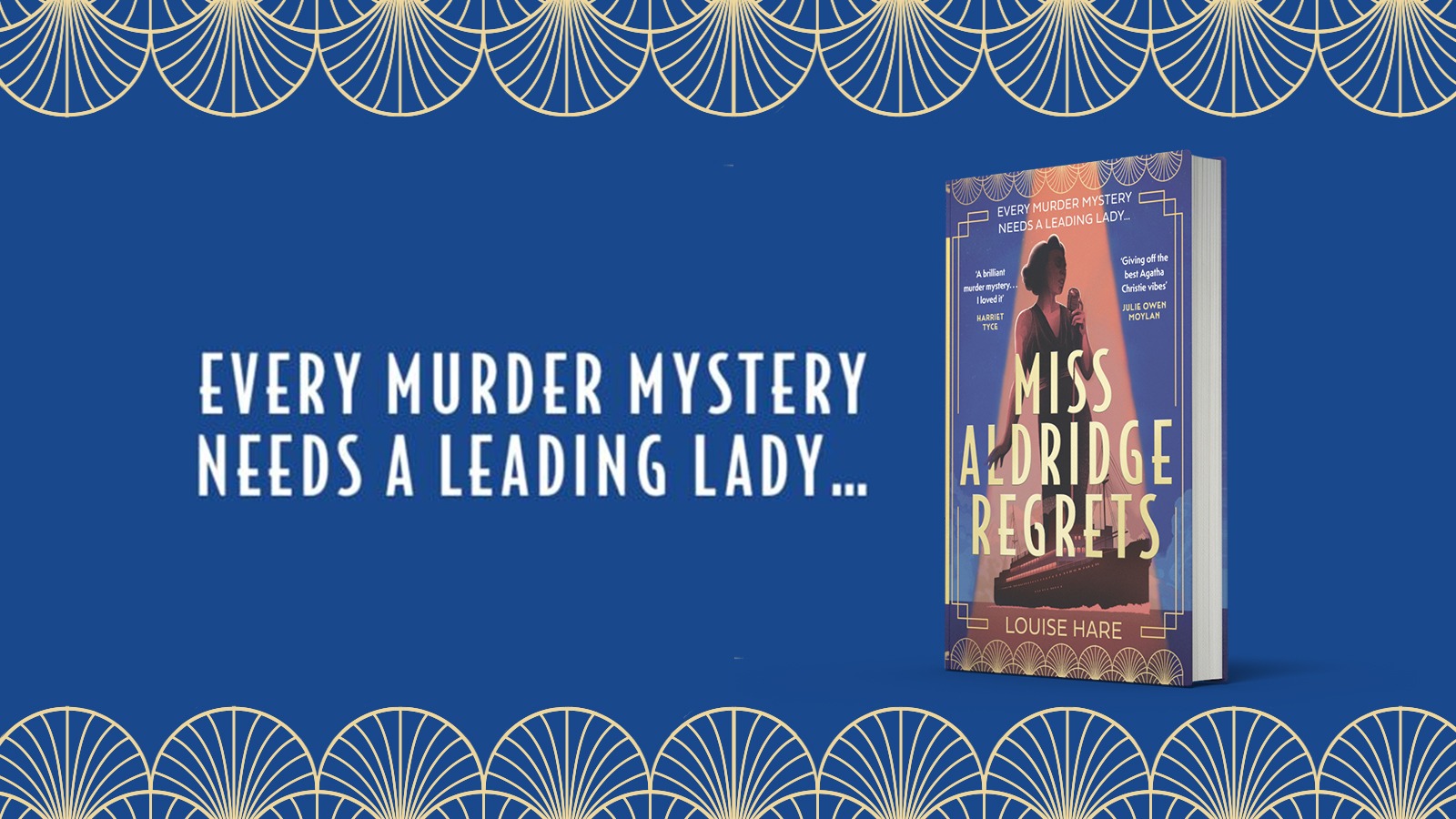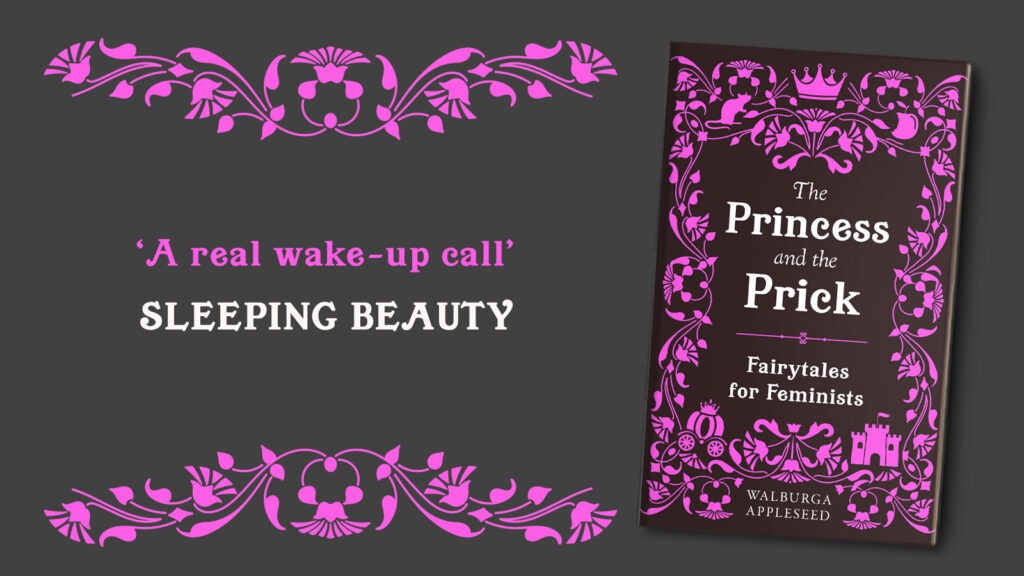Author Louise Hare gives insight into her research and extra context to her evocative and immersive second novel, Miss Aldridge Regrets, a gripping cross-Atlantic murder mystery set in the 1930s. Read below for an extract!
The choice to make my protagonist, Lena, mixed race but light skinned enough to pass came after an argument with a friend. This was back in 2018 and the papers were still obsessing over Meghan Markle. ‘But how can it be racist,’ said my friend, ‘when she basically looks white?’
There isn’t space here to go into why racism isn’t purely linked to skin colour. There is no doubt that there is an advantage to having ‘European’ features, good hair, to ‘fitting in’, but that isn’t enough to save a person entirely from being othered.
In two of the most well-known novels that focus on ‘passing’ as a theme – Nella Larsen’s Passing and Brit Bennett’s The Vanishing Half – there is deception at the heart. Both Clare Kendry and Stella Vignes marry white men and are forced to cut themselves off from their old community in order to maintain their appearance as white women. This perhaps makes sense when you consider the one-drop rule that became prominent in the US and became particularly popular with the rise of the eugenics movement and its accompanying ideas of racial purity.
Far from being a US phenomenon, I wanted to write about passing from a UK perspective. While watching a TV programme on Samuel Coleridge-Taylor, the mixed-race Victorian composer and musician, I was struck by an interview with one of his descendants, a white man who had only recently discovered that his famous ancestor was Black. Coleridge-Taylor faced terrible racial abuse during his life, especially in his hometown of Croydon. Is it so strange then that his own children chose to remain racially ambiguous? His own daughter, Avril, even toured South Africa under the apartheid regime until her heritage was discovered.
My own protagonist, Lena, has spent most of her life letting other people decide whether she’s Black or white, but when she gets offered the chance of a lifetime, she knows it’s time to make a choice. To complicate matters, the recent death of her Black father leaves her feeling guilty about denying her heritage, but as she gets swept up in the excitement of getting her big break on Broadway, she must decide which is more important: her heritage or her career.
EXTRACT
The toilets were outside the club, along a corridor, and as I approached the ladies’ I noticed a door to my right, leading out onto the deck. Some fresh air might clear my head and lend me a spark of conversational wit. My head felt clearer immediately, even as my skin reacted to the chill sea breeze, goose pimples erupting as I found myself at almost the very top of the ship, the deck practically empty at that hour.
I stood in the alcove by the door, out of the wind, and managed to light a cigarette. Leaving my fur stole in the club had been an error, but then I hadn’t expected to end up outside. The light above the door was bright and I took a step forward towards the railing, blinking as my sight adjusted to the gloom, slowly picking out the clouds above, shades of cobalt and navy blue against an indigo sky. I began to walk along the deck, trying to keep warm.
‘Hey there. Got a light?’
I jumped at the sound of the voice, deep and male. American.
‘Here you are.’ I dared to step forward, holding up my box of matches.
The man who emerged from the shadows towered over me by almost a foot. He reached out a hand for the matchbox, an electric tingle running up my arm as his fingertips brushed against my palm. He lit his cigarette expertly, knowing how to hold his hand against the wind so that the flame caressed the tobacco lovingly, the tip burning bright. I wanted to say something clever and impressive, but I was tongue-tied and silent. His skin was darker than Alfie’s, a burnished smooth umber that caught the light in an impossible way and made me wonder why I’d ever given the pasty-faced James Harrington the time of day. The coat and tails he wore were smart enough but I could see the loose threads around the buttons, the shiny patches that told its age. Much like the black dress I’d worn every night at the Canary. A costume for a stage.
‘I haven’t seen you around before,’ he observed.
‘Should you have?’
He shrugged. ‘I know most folk on this ship by now. You weren’t on the last couple crossings.’
‘Of course not.’ I laughed at the absurdity of his suggestion. ‘Why would I travel all the way from New York to England and then head right back again?’
The relaxed look on his face disappeared, confusion fleeting, replaced by an expression of wariness. He took a step back, standing up straight. ‘You’re a passenger?’
‘As opposed to…’ Then it dawned on me. ‘You thought what – that I work on the ship?’
‘No, no,’ he said hurriedly. ‘Well… I mean, you don’t get many folk like us up here. Not ’less we’re working. So I just assumed. I’m sorry.’
‘Like us?’ I stared at him wide-eyed, the words coming out as a bark. ‘What do you mean by that?’
The man raised his eyebrow and half smiled. ‘No. Sorry, forgive me, I made a mistake. Good evening, ma’am.’ He moved forward and I took a step away from him as he flicked his half-smoked cigarette past me, over the rail, before turning on his heel and walking away in the direction he’d appeared from.
He’d seen me for what I was. Did everyone know and they were just being polite? No; Frankie had guessed Italian. And people weren’t polite about things like that, especially people like Frankie Abernathy. They didn’t see the need to be. But this man had known immediately. He had taken one look and assumed we were merely different shades of the same. Black. Coloured. Whatever. It didn’t matter, I reminded myself. This is England! Alfie had always told me. We could do what we pleased, same as anyone else. Which didn’t necessarily stop people from staring, or whispering things about us as we walked by on the street, but we could sit where we liked on the bus or the tube.
Alfie had told me that there were two sets of rules in America, one for them and one for us. In England, there simply weren’t enough coloured people for them to have thought about it that hard. That was why Alfie hated it when another black musician turned up in Soho. He was always welcoming to their face, but I knew that he worried about the delicate balance. A few of us were a novelty, something new. Too many of us and we’d start to become a problem.
When we moved to Bethnal Green from the mixing pot of Soho I began to understand it more. Most people were friendly enough, they just liked to ask questions: Where are you from? Can I touch your hair? Does the brown rub off? Irritating but harmless, Alfie used to say. You are special, he told me whenever the questions became less harmless, the taunts more hurtful. And they are jealous. But you are as English as they are.
I am English, the Queen Mary a tiny corner of that green and pleasant land. That was what Charlie had assured me. The concealment was purely for peace of mind, he’d said. It wasn’t a problem, but some Americans weren’t used to a coloured person sitting at their table. They might not take well to it, and we didn’t need the hassle. Smooth sailing. He’d laughed at his own weak joke. No one back home cared who my father was or if I tanned a little darker than the average person in the summer. In New York it would be different.
Miss Aldridge Regrets, is available here.





